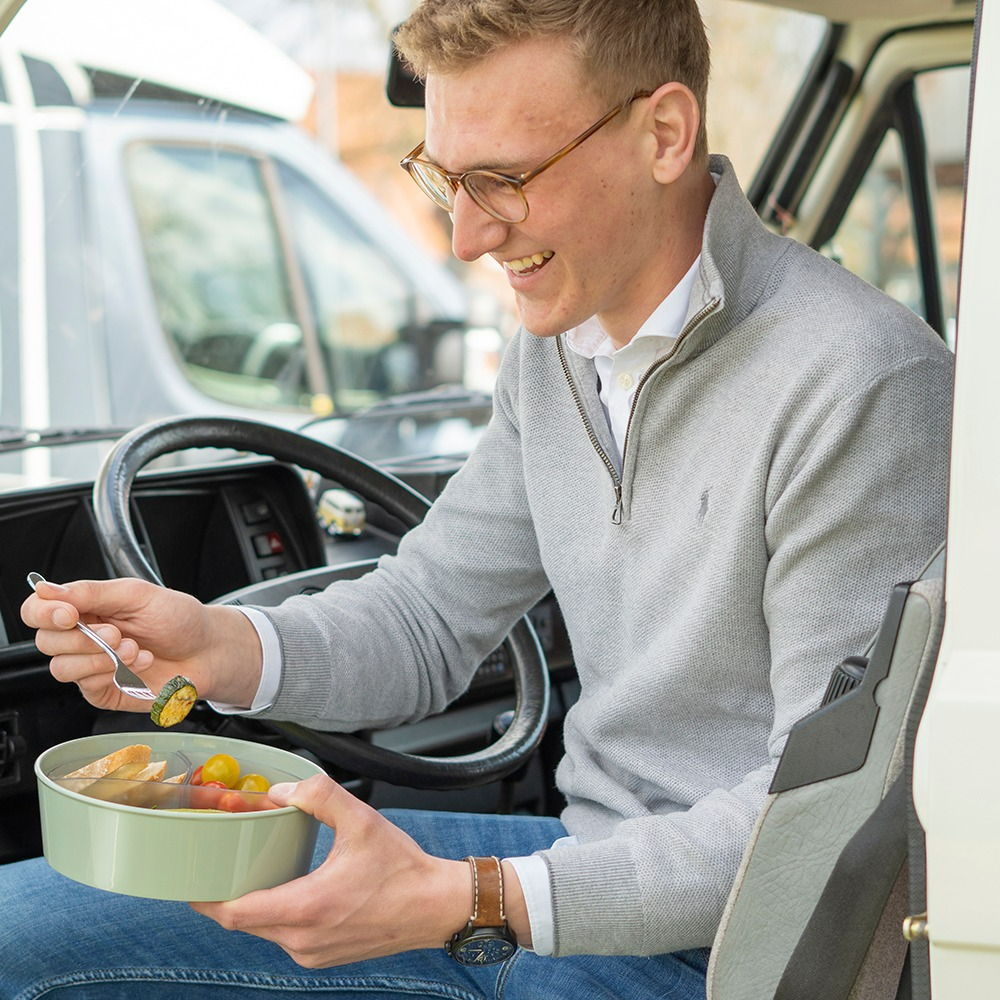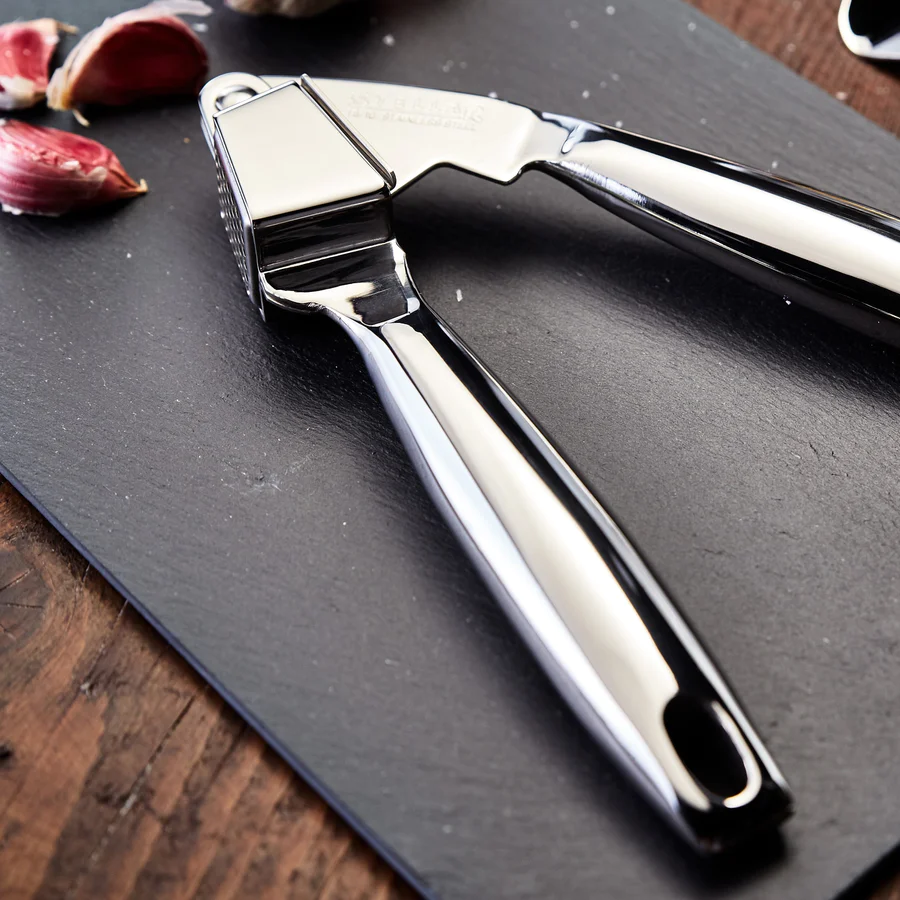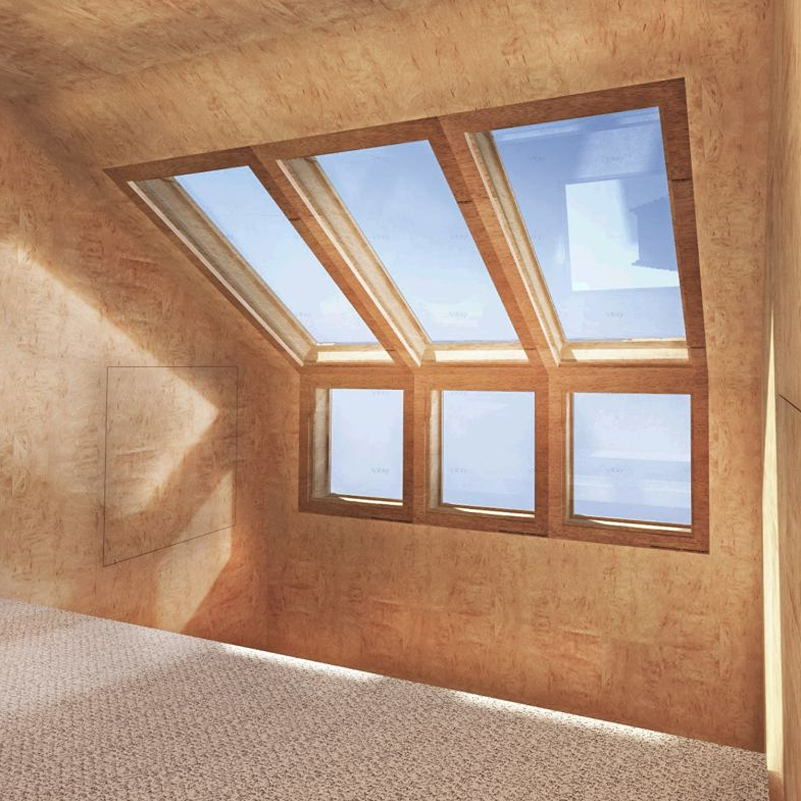
Although companies like PlanetCare and Grundig now include microplastic catchers in their washing machines (which catch up to 90% of plastic fibres in clothes made from synthetic fibres like nylon, polyester and recycled plastic bottles), most people can’t afford to buy a new machine. They are also good for washable nappies, menstrual pads and period pants (due to waterproof linings).
Microplastic catchers do not catch lint (just remove and bin, don’t leave in gardens as wildlife may use to build nests, but it can go mouldy and/or choke).
So the next best thing (until you slowly makeover your wardrobe to natural fabrics like cotton, hemp and linen) is to use a microplastic catcher. These catch a good portion (not all) microplastics then you simply remove after each wash. It’s important to bin the fibres securely (or they could just wash down drains at landfill and still go into the sea, where they could harm marine creatures). If 10% of people used one, it would stop the same as 6 million plastic bottles going into our oceans each year.

GuppyFriend (Europe) is a zipped bag made from a ‘stable stick’ polyester that won’t lose microplastics itself. Just place clothes in the zipped bag, remove microplastics from the hem after use, and bin in a closed container. The company also makes a sink filter (for hand-washing), a bucket filter (for mopping floors), a filter for washing machines and even shoe insoles.
Cora Ball (US – also sold in UK) looks like a ‘dryer ball’, and inspired by how corals clean the oceans. It tumbles around the machine to collect (only 30%) of microplastics, then you pull them out (like cleaning a hairbrush). It’s better than nothing, easy to use and lasts 5 years. It’s also designed to withstand heat of washer-dryers, and profits are used to clean the oceans.






